In 2019, all parties represented in the federal government lost a greater or lesser percentage of the vote and number of seats in parliament: the SP, the FDP, The Centre and – by easily the biggest margin – the large, conservative right-wing SVP. Could the SVP recapture lost ground?
Not really. It did remain the most voted for party in Switzerland. During the Covid pandemic, it took a stance against the protective measures taken and thus found itself aligned with Covid-sceptic movements. However, this frightened people away, in the same way as the pro-Putin stances adopted by SVP exponents on the war in Ukraine. In addition, the Liberal competition returned to a more conservative and right-wing position under their new party chairman, Thierry Burkart, in 2021. What the SVP is looking for is an important topic.
Are right-wing conservatives lacking an issue that people can get passionate about?
Up to the 2015 elections, the SVP had primarily focused on highlighting the issues of Europe and migration. This gave it an advantage over the other parties for several years. This has changed. The federal government has been so restrained in its policies on Europe that the SVP has no ammunition to use against it. Migration and immigration are now seen as less of a concern, especially with the lack of skilled personnel in Switzerland. If, however, the focus returns to the topic of foreign nationals over the next few months, the SVP will be able to mobilise more effectively than it did in 2019.
When the Eurosceptic SVP lost ground in the most recent federal elections many – not least in the “Fifth Switzerland” – hoped that common sense would lead to a coalition to handle Switzerland’s relationship with the EU. Why did this not happen?
The federal government applied the brakes, more than the parliament did. There is a conservative majority in the Federal Council on the issue of Europe. The FDP’s previous seat in French-speaking Switzerland is now held by Ticino native Ignazio Cassis. He comes from the linguistic region of Switzerland that is the most critical of Europe, whereas liberal Romandy is traditionally in favour of Europe and openness. The generation that currently sits on the Federal Council was forged politically by the rise of the SVP and fears conflict with it. Perhaps a new dynamic will emerge now, in the wake of the Ukraine war and the post-Brexit situation in the UK. The Swiss population is more Europhile than the Federal Council. Polls and the results of the 2019 elections show this.
The 2019 legislature had barely got off the ground when the Covid pandemic struck. It caused disruptions to which the Swiss were not accustomed. Will this have any ramifications on the elections?
Probably not to any significant extent, and that is very interesting. There were severe disruptions in response to protective measures in Switzerland, even by international standards. Many people, myself included, began to worry about the spirit of solidarity in the country. However, the fact that the measures were opposed so bitterly was partly a product of direct democracy. Twice we voted on Covid legislation, and twice the legislation was approved. It was clear to everyone that these measures were not some sort of dictatorial overbearance from the government, but were supported by the majority of the people. The Covid-sceptic movements collapsed within hours of the second vote.
The balancing effect of the Swiss political system?
There are always two stages. In the first stage, direct democracy virtually fuels conflicts and raises their profile. In the second stage, it leads to integration, because the topic has been discussed extensively. In Switzerland, the fault lines of the pandemic are therefore more clearly defined than in other countries, where they were not discussed to the same extent.
So does Switzerland remain an island of stability in the midst of crises – the Covid pandemic, the war in Ukraine, inflation, impending energy shortages and global warming, while majorities keep changing in other European countries?
It certainly does not look like there will be any major shifts. According to our survey in autumn 2022, one year before the elections, the popularity of the federal parties showed only minimal signs of wavering. However, we cannot rule out another issue becoming popular by autumn, regardless of how the situation regarding electricity shortages and the cost of living develops. Thus far, the rise in costs has been less drastic in Switzerland than in other countries. Incidentally, one issue gained prominence in the run-up to the 2019 elections: the green wave began to gain serious momentum in the cantonal elections in early 2019.
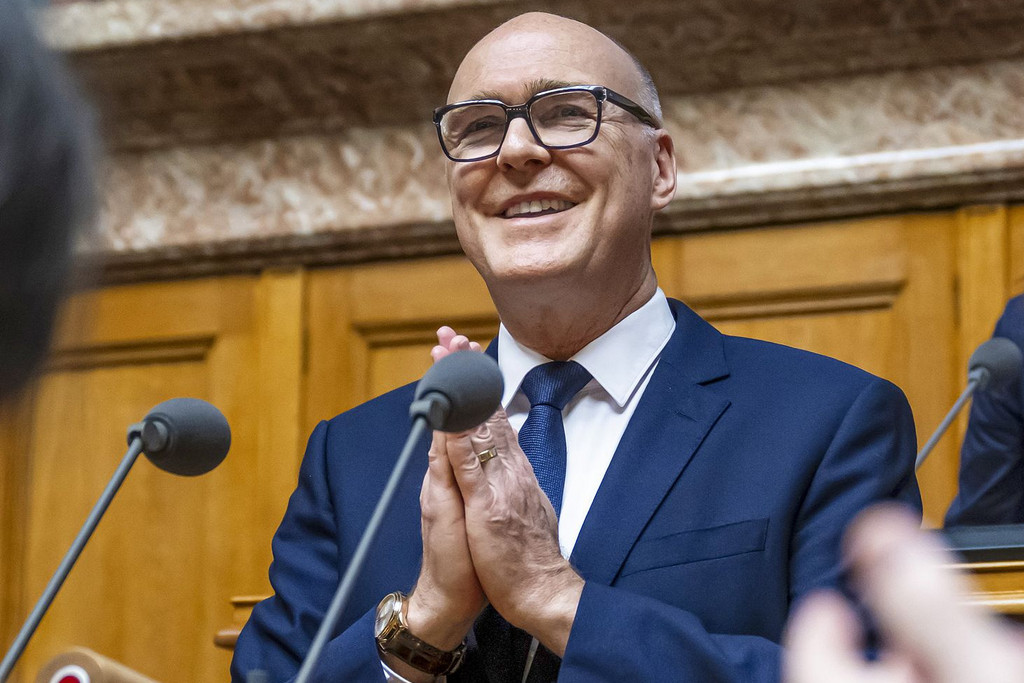
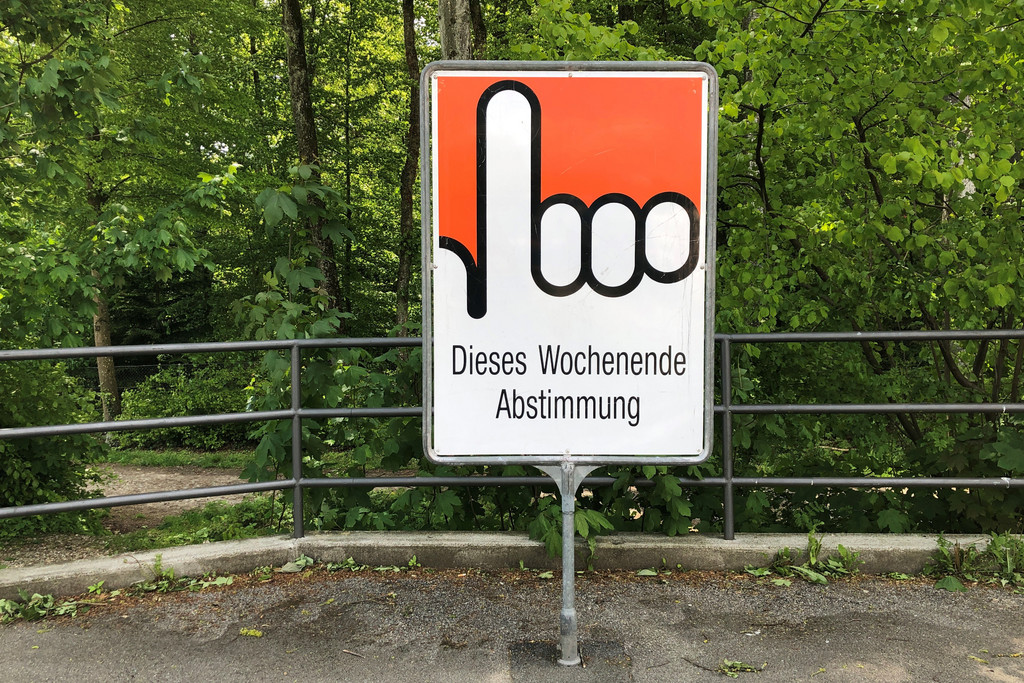









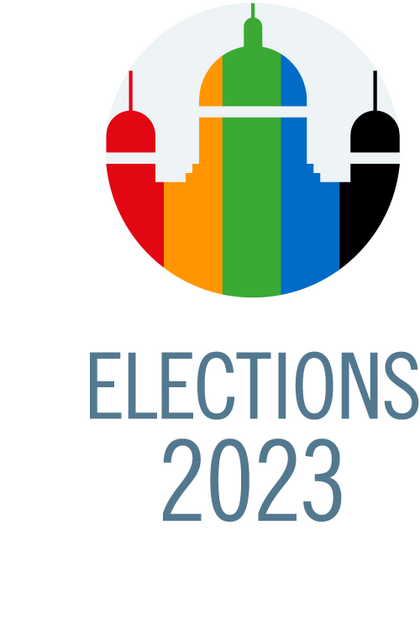
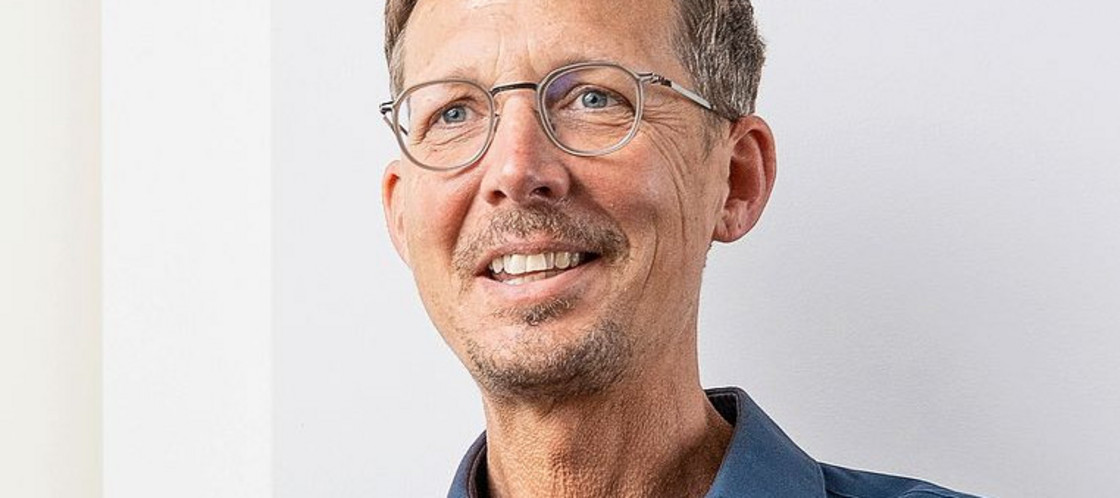
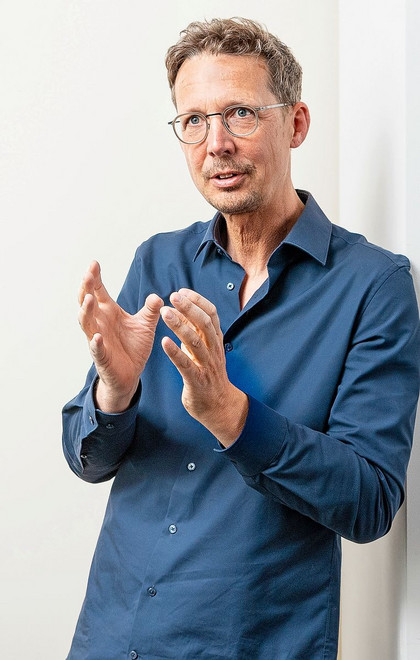
Comments
Comments :
Danke für die Grundrisse, um die sich die Bundeswahlen vom Oktober 2023 drehen könnten. Ich sehe einen weiteren Themenkreis, der die Wahl der Partei durch Auslandschweizer beieinflussen könnte. Seit den letzten Wahlen im 2019 hat der Ukraine-Krieg einen neuen ( alten ) Weckruf nach der Nation entfaltet. Die letzten Jahre galten vielen „side issues“, die die Wähler von wichtigeren Themen ablenkten und alle Wahl Energie für sich beanspruchten. Das Pendel, nach oft sehr egoistischen, verzettelten, disorientierenden Zielen ausschlagend, wird sich möglicherweise wieder auf das Ganze, d.h. die Schweiz als Nation, ausrichten. Die gute finanzielle Lage der Schweiz hat den vielen Einzelbegehren der Bürger, Gemeinden, Kantone stattzugeben, zu kurz kam allerdings die Schweiz als Ganzes. Wir haben vergessen, was ist gut für die Schweiz.
Als Auslandschweizer bin ich erstaunt wie hinderlich der oft gepriesene Föderalismus sein kann um die wichtigen anfallenden Themen effizient und zeitgemäss zu behandeln ( ich schätze den Föderalsimus im Prinzip ) . Dem Auslandschweizer sind oft andere Anliegen von Bedeutung, im Unterschied zu jenen der ansässigen Schweizern in ihren Gemeinden und Kantonen.
Die CH-Parteien sind sich dessen sicher bewusst und werden die Auslandwähler entsprechend anpeilen. Ein weitere Punkt scheint mir im grossen Zusammenhang Schweizer - Auslandschweizer von Bedeutung und der einer intensiverer Bearbeitung bedarf : Die Wertschöpfung, die die Auslanschweizer der Schweiz erbringt. Dies ist nicht neu, wird aber unterschätzt und wird zuwenig aus Schweizerischer Sicht gewürdigt. Die Wertschöpfung in kultureller, humanitären, kommerzieller Hinsicht ist enorm, nicht zu vergessen die Mitarbeit und Erfolge in Forschung, Akademia, Erziehung ,etc. Die Beispiele sind unerschöpflich, sind aber meist wenig erkannt. Dies gilt natürlich auch für die vergangenen paar Jahrhunderte.
Vieileicht ein Sotomo Projekt ?
Beat Knoblauc, ASO Delegierter